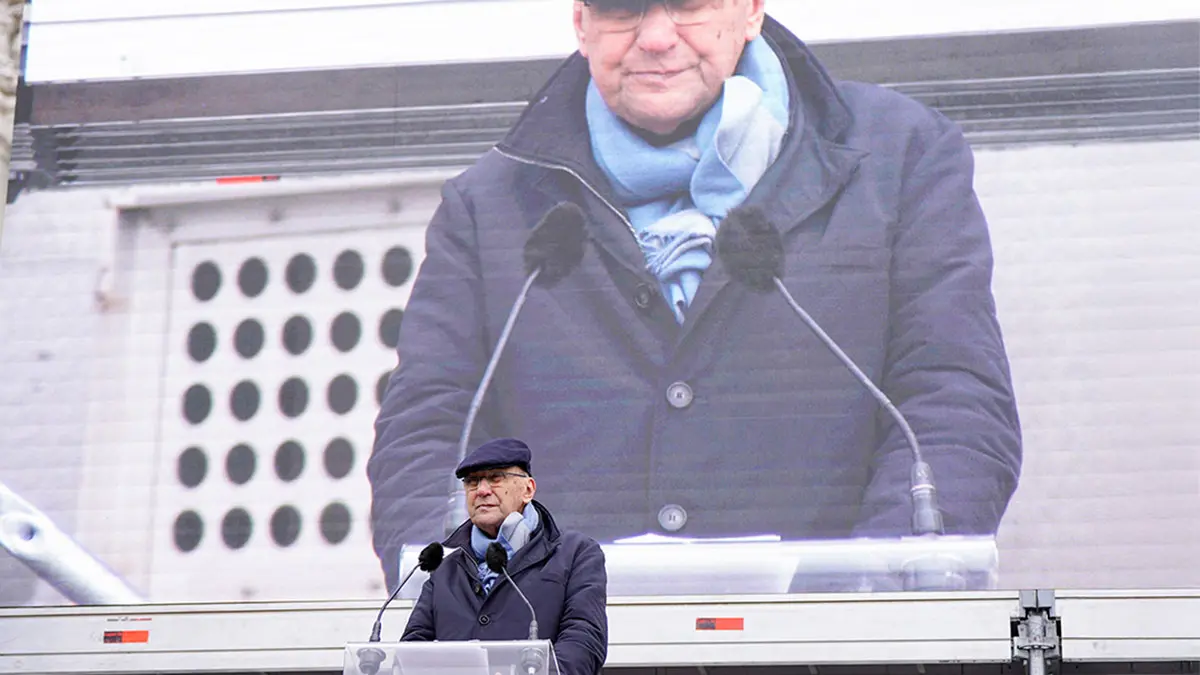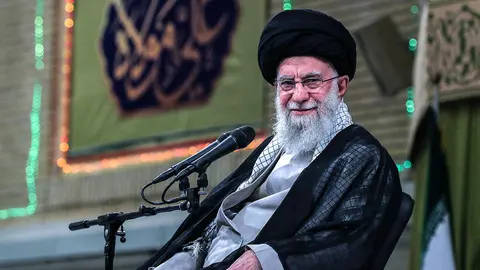Iran and the instrumentalisation of organised crime and state terrorism: diplomacy in the shadows

The recent accusation made in the investigation by a Spanish investigating judge into the attempted assassination of Alejo Vidal-Quadras, former Vice-President of the European Parliament, clearly illustrates this:
‘The suspects were commissioned by anonymous actors to avenge Mr Vidal-Quadras' political commitment to the Iranian Resistance and to send a clear warning to the Spanish Government and the European Union: do not support resistance movements labelled as terrorists by Tehran.’*
This attempt at physical elimination is directly linked to his positions, in particular as a prominent supporter of the National Council of Resistance of Iran (NCRI) and its main component, the People's Mujahideen of Iran (PMOI).
'Between 1999 and 2014, he was a member of the European Parliament and fought for the removal of the NCRI and the PMOI from the list of terrorist organisations. He also played a key role in protecting POMI members residing in Camp Ashraf in Iraq.' *
The POMI and the NCRI were removed from the blacklists in Europe in 2009 and in the United States in 2012, following judicial decisions by the competent courts.
In 2022, the Iranian Ministry of Foreign Affairs officially included the Spanish politician on its blacklist, accusing him of supporting terrorism. On 14 November 2023, the Fars news agency, affiliated with the Islamic Revolutionary Guard Corps (IRGC), wrote:
'The Islamic Republic has formally warned countries hosting groups classified as terrorists that hosting the PMLI and other similar groups will have serious consequences. (...)‘ Regarding the attack on Vidal-Quadras, a well-informed source stated: 'The Spanish government would do better not to play the game of the mujahideen.'
However, the mullahs' regime has a long history of terrorism and is considered, among others, by the US State Department as the world's number one state sponsor of terrorism.
A well-documented history of assassinations of opponents in Europe
The Iranian regime has a long tradition of covert operations abroad, ranging from harassment and intimidation to the targeted assassination of its opponents. There are several hundred documented cases, some of which have even been tried in court. Several European countries have been the scene of such events, as well as other parts of the world, including Latin America. Among the most recent:
- Netherlands: In 2017, Ahmad Mola Nissi, an opponent of the regime, was assassinated in The Hague. In response, the Netherlands expelled two Iranian diplomats and the European Union imposed sanctions on the Iranian Ministry of Intelligence.
- Denmark: In 2018, following the discovery of a plot to assassinate leaders of the Arab separatist group ASMLA, Denmark withdrew its ambassador to Tehran.
- France: In June 2018, an Iranian diplomat stationed in Vienna was arrested for planning a bomb attack on the annual CNRI meeting near Paris. He and three accomplices were arrested in different European countries and subsequently sentenced by a Belgian court to severe penalties, including 20 years for the ‘diplomat’.
In May and June 2023, the headquarters of an association supporting the Iranian opposition in Saint-Ouen-l'Aumône, in Val d'Oise, was the target of two attacks: one involving gunfire and the other Molotov cocktails.
According to British intelligence services, at least ten Iranian plots to kidnap or assassinate dissidents on British territory have been foiled.
France in the spotlight
At a press conference, General Thierry Burkhard, Chief of Staff of the French Armed Forces, warned of the threats posed by Iran, particularly through state terrorism and hostage diplomacy.
In the same vein, Shirin Ardakani, the French-Iranian lawyer for Cécile Kohler, a French citizen currently detained in Iran, stated:
‘There are always suspicions of secret negotiations, the details of which will never be made public. Hostages are usually released on humanitarian grounds, but it is clear that the Iranian regime is exerting strategic pressure on foreign citizens to obtain immediate benefits.’
*Excerpt from the official indictment following the judicial investigation into the attempted assassination of Alejo Vidal-Quadras.



